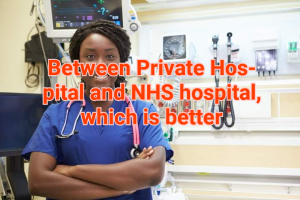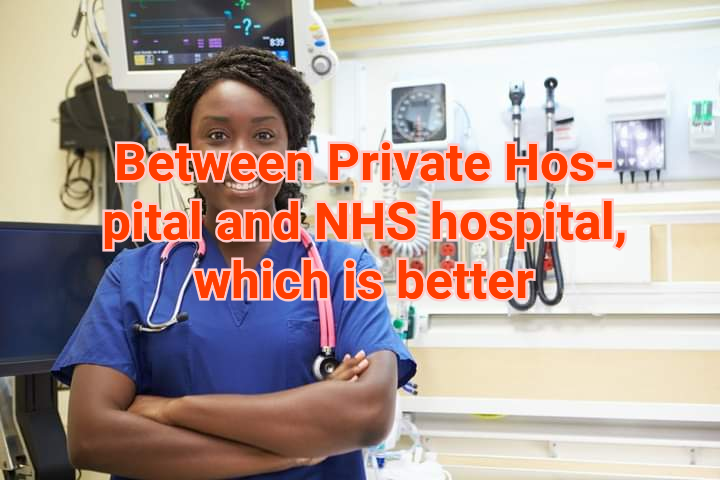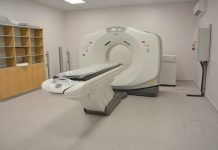NHS Vs PRIVATE HOSPITALS: Which is better for an IMG Doctor?
Doctors in the UK can decide to work for the NHS (National Health service ) which is the public funded healthcare system or choose to work with the private hospitals majorly through recruitment agencies.
PRIVATE HOSPITALS:
They run as franchises eg Spire, BMI, Nuffield etc.
Recruitment of junior doctors is majorly done via agencies such as RMO international , Remedium partners ,Capemed, NES healthcare etc.
Eligibility: 2yrs Post MBBS and GMC registration.
TASKS:
•Pre and post op care of surgical patients mostly.
•Blood work , catheterisation, reading and interpreting ECGs.
•Pain management and emergency resuscitation and stabilising patients and escalating on time to responsible and a responsive consultant.
•Discharge summaries are done by secretaries.
ADVANTAGES:
•Most work on a one-week in one-week out or 2wks-in 2 wks-out basis.
•Free food, laundry services and accommodation provided on site.
•Pre employment training -BLS/ALS/Mandatory training to provided.
•Shadowing is provided.
•Pay Minimum £2500/month for working 2 weeks. Can be more if you work more.
•Protected time & Weekends less busy so you can have time to study for exams.
•Cordial relationship with nurses , consultants and other staffs
They’ll really look after you.
•Easily swap shift with colleagues.
DISADVANTAGES:
•Shadowing period might not be enough to build confidence
•Unhealthy working hours and stress.
•Poor or no NHS experience
•No career progression support.
•Enormous Patient load.
TIPS TO MAKE YOUR LIFE EASY:
•Always keep a Task book
•Prescribed all the necessary analgesia & fluid prior to sleeping
•Start your Ward rounds early in the morning.
•Put out Blood forms on time for post-op fbc/u/es.
•Be nice to the nurses, they’ll help you do a lot.
•Write sick notes and TTO ahead of time.

NHS:
Jobs are gotten via NHS candidate page, oriel. http://jobs.nhs.uk, http://apps.trac.jobs, http://oriel.nhs.uk
Some private agencies recruit for the NHS as well.
You can start off as a Non trainee Doctor working as SHO, Trust Grade, Clinical Fellow, F2 standalone, F3 doctor or specialty Doctor/Registrar.
You can then transition into a training program if you meet the eligibility criteria during application round.
There are few specialties you can get into training without NHS experience e.g Psychiatry, General Practice, ObsGyne etc.
ADVANTAGES:
•Exposure to how the NHS works.
•Job security/Career progression.
•Good preparation for specialty training application-Audit/Research/QIP/QIA/attending Conferences.
•Exposure to Protocols and standardised management plans and NICE guidelines.
•Career Support & mentorship-you’ll be assigned a Clinical/Educational supervisor.
•Peer support & Contact with other juniors at your level.
•Access to Annual leave/Study leave & study budget.
DISADVANTAGES:
•Inadequate pay. Between £2500-£4k after tax for junior Drs. But you can supplement with locum/bank shifts.
Wages don’t meet up with inflation rate
Cost of living crisis means NHS pay isn’t commensurate with effort and work put in.
•Crazy rota and rota gaps meaning you may have to take up extra shifts to fill rota gap but at extra pay.
•Work life balance is a myth. Stress can lead to burnout due to exhaustion
•Bullying from seniors and litigations
From patients. You can always report to authorities.
•Difficulty swapping shifts & negotiating annual leave sometimes if many staff are already sick.
Finally, the NHS job is still the pathway to becoming a consultant or GP after training and the “good life” begins or you can japa abroad for greener pastures.
Dr Pepple























